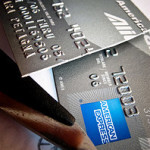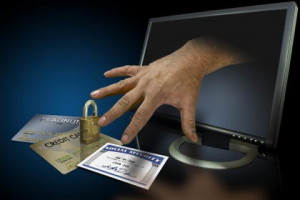 Today’s top story: Why you should ditch your debit card. Also in the news: Knowing when it’s okay to co-sign for a loan, how much credit card debt is too much, and 3 common mistakes when choosing an insurance plan.
Today’s top story: Why you should ditch your debit card. Also in the news: Knowing when it’s okay to co-sign for a loan, how much credit card debt is too much, and 3 common mistakes when choosing an insurance plan.
5 Expert Reasons to Ditch Your Debit Card
Why some believe credit is better than debit.
How to Know When It’s OK to Co-Sign a Loan
Do a little soul-searching first.
Do You Have Too Much Credit Card Debt?
How much is too much?
Choosing an insurance plan: 3 common mistakes
Looking beyond the deductibles.

